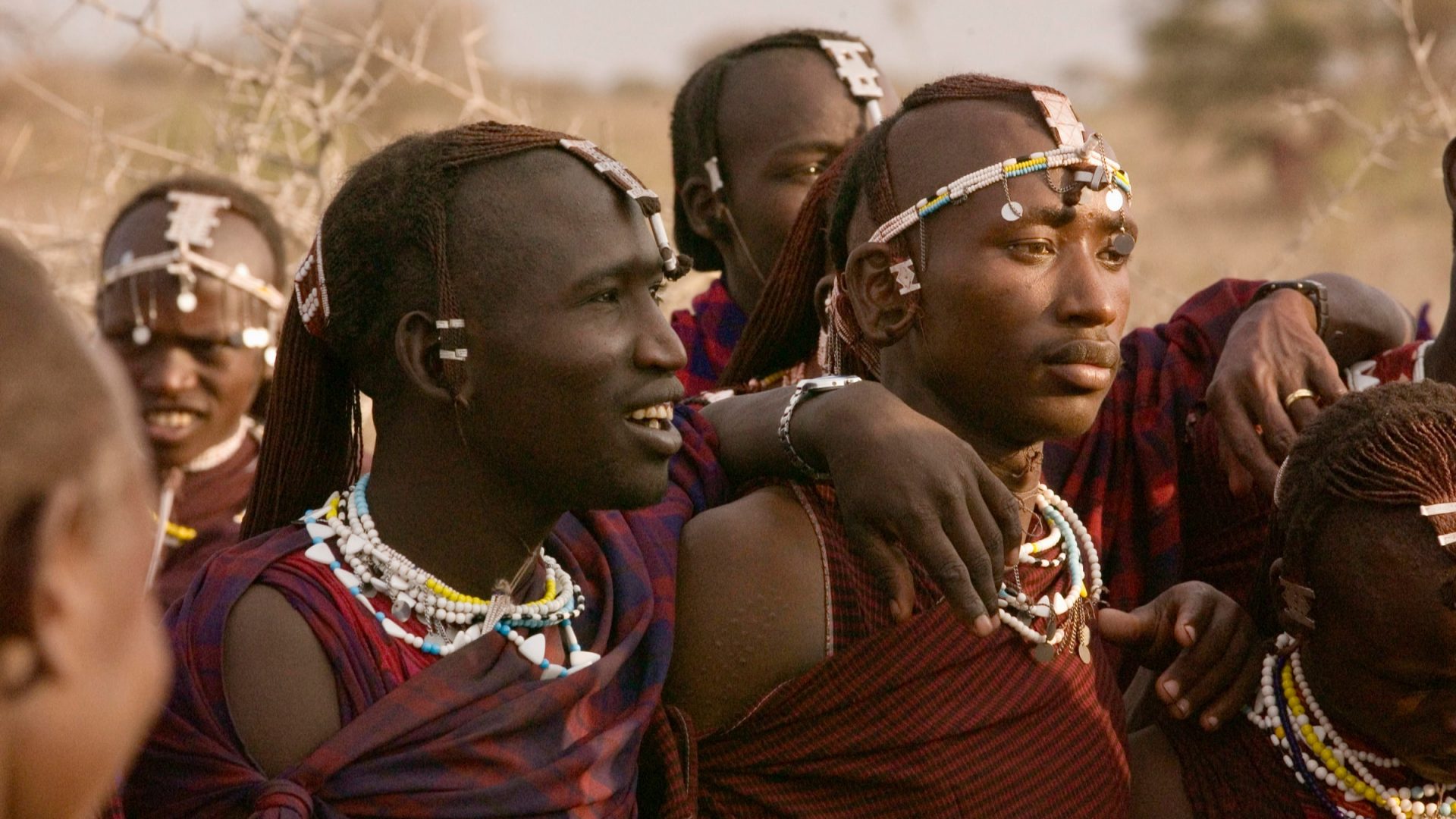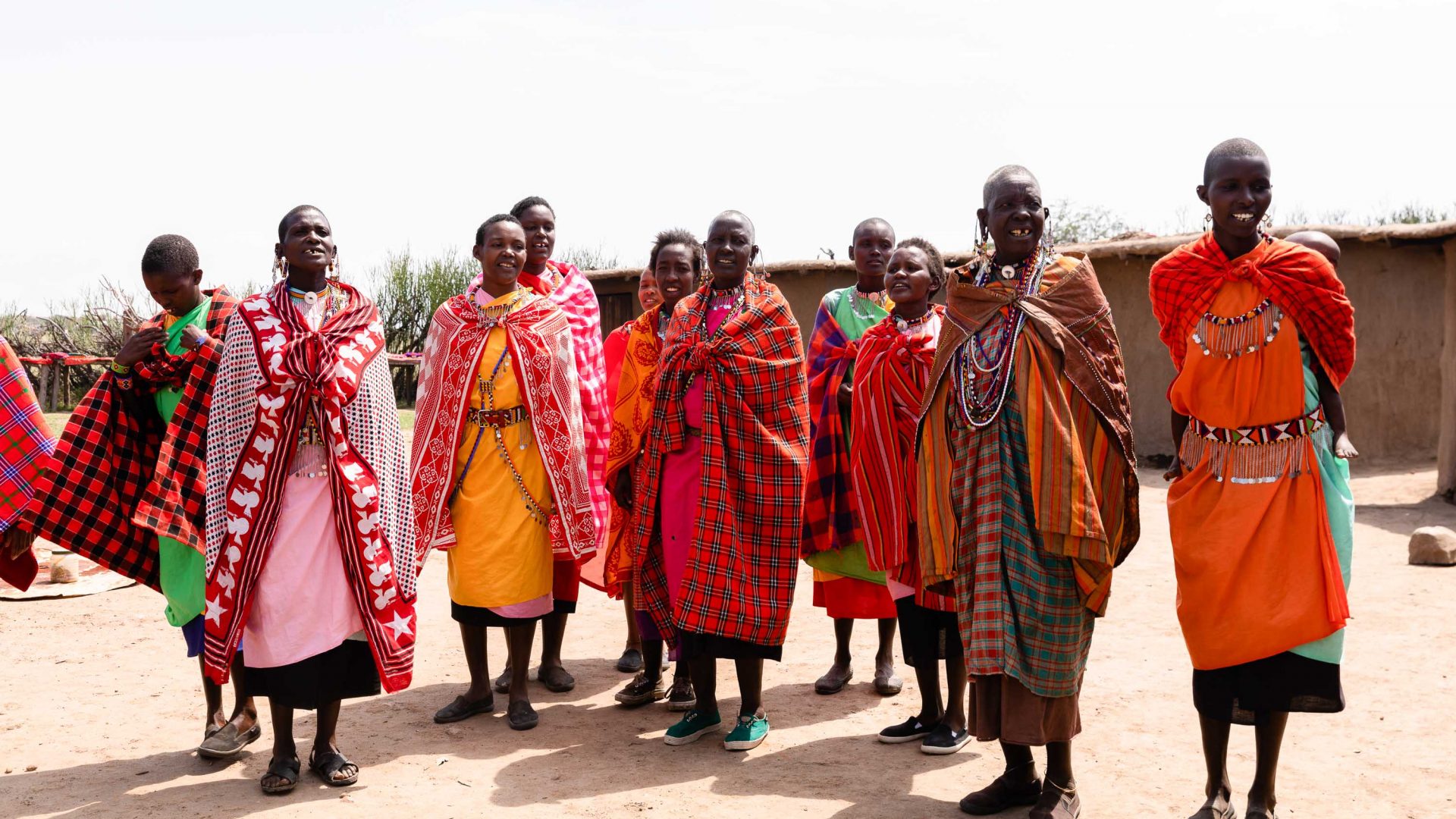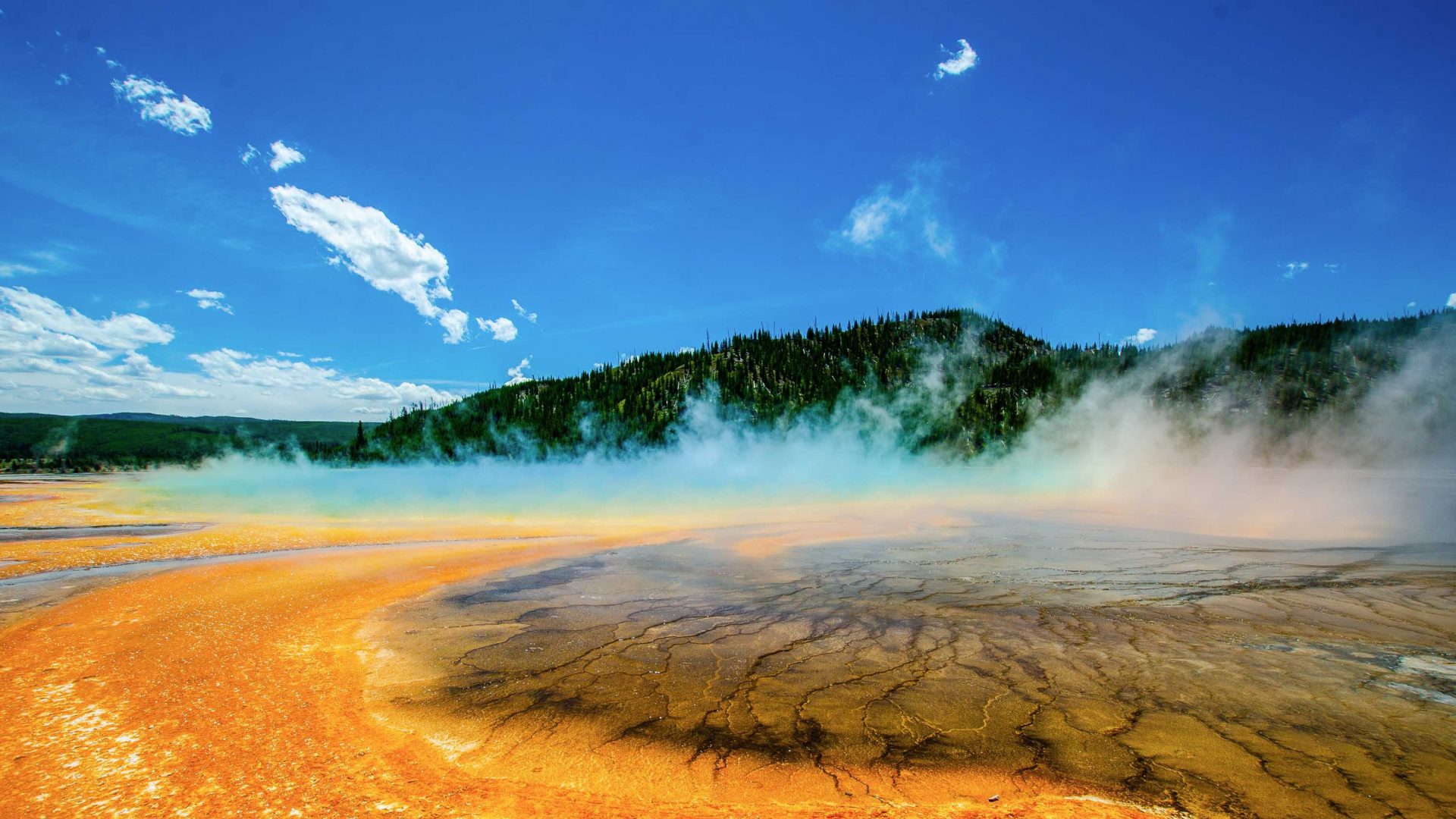In August 2009, approximately 3,000 Maasai people were forcibly evicted from their homes near Loliondo. Indigenous advocacy group Survival International reported at the time that Tanzanian riot police set their houses on fire, clearing the way for the Otterlo Business Company to move in.
Following a second round of evictions in 2013, a 2014 attempt by the state to seize Maasai lands was thwarted when the tribe’s leaders publicly revealed the government’s intentions and received a deluge of popular international support. But evictions and other clashes would continue as Tanzanian officials continued pressuring the Maasai to relocate.
Then, in February 2022, Tanzania’s tourism minister announced that all land belongs to the president and that the Maasai, who had lived on and stewarded that land for generations, did not have a claim.
In April, Maasai from Loliondo and Ngorongoro sent a letter to governments in the US, UK, and the EU asking them for support in protecting their homelands against the Tanzanian government’s encroachment.
“We are appealing to human rights organizations, media and other citizens who value Indigenous human rights to share our plight and put pressure on the government of Tanzania to respect the rights of its citizens, and particularly Indigenous people,” the letter reads.
So far, their requests for help haven’t received the same response they did in 2014. On June 10 of this year, government officials began delineating the 1,500 square kilometers (about 579 square miles) destined to be a game reserve owned and run by Otterlo Business Company, sparking a protest. Ten Maasai leaders were arrested and 30 others were injured when the protests turned violent, and the state claims that a police officer was killed by the protesters. The injured Maasai and their allies have had to travel to neighboring Kenya for medical treatment, for fear of being denied treatment or arrested at the hospital.
In the days after the protest, Survival International reports that police went house-to-house looking to punish protesters and anyone who had shared videos of the protests.
Some Maasai families have relocated 600 kilometers (about 372 miles) south to the township of Handeni, where the Tanzanian government has offered them housing and up to ten acres of land per household for grazing their cattle. But those who made the move are still nervous about what will happen to their culture and way of life, so far from the lands of their ancestors.
Over 100 years after signing the first treaty to encroach on their ancestral grazing ranges, the Maasai still resisting are paying in blood right now to hold onto the land that’s left. So if you’re feeling the draw of a vacation to check out the ‘Big Five,’ consider taking some time to look into the history of the land you’d be visiting before booking that safari.









